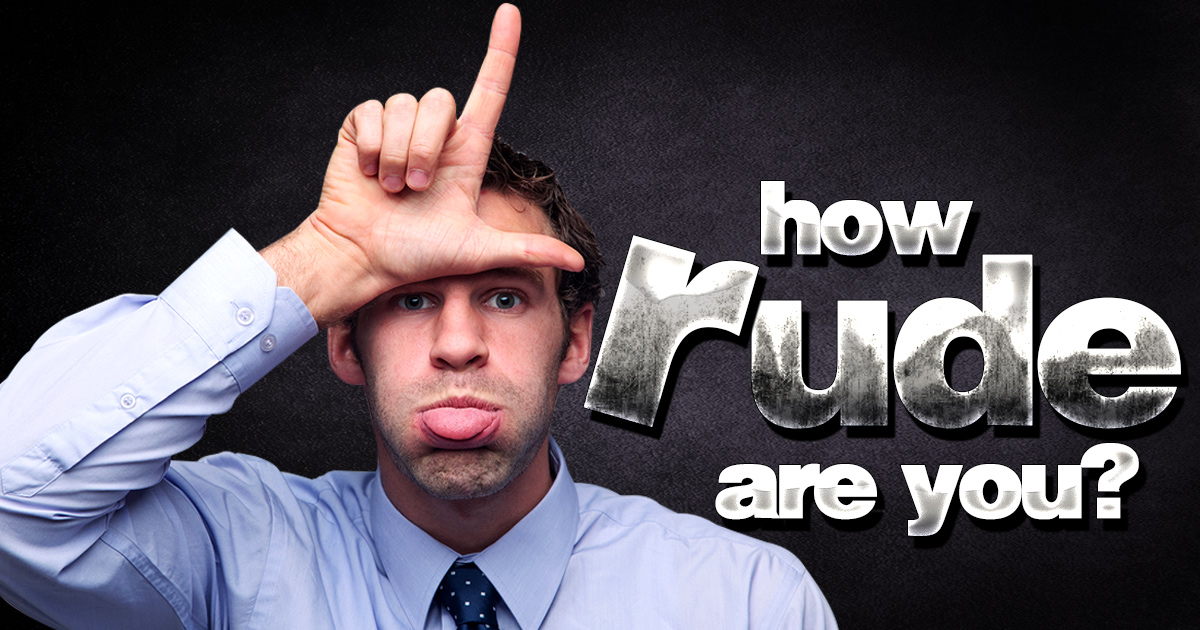
I grew up in a time that was not politically correct. We used to have names for people who did not fit with our thinking, that were often derogatory and rude. Then, as I grew up, the world globalised and inclusion became more the norm. We became connected by easy travel and low-cost airlines, and would no longer judge people the same, just for the colour of their skin or the abnormalities of their body. Then, as a man, I found the world connected even more. We created technologies that allowed us to communicate cheaply and easily and, as those technologies progressed, the world became one.
I’ve often blogged about this, but now question my thinking. Stuck in self-isolation, never leaving the house, being around the family for weeks, months, and wondering about the future, it’s an interesting time. Will we continue globalising? Or will we localise and isolate? What will the future be? Will air travel return as an easy, low-cost commodity, or will it only be for essential travel? Will airlines survive? What happens to tourism and travel? What happens to global connectivity?
In some ways, the reset of globalisation is a good thing: it’s allowed us to reset the planet and do good for Earth. On the other hand, the routine of commerce and supply chains has been reset, and we wonder if they will ever go back to the way they were.
My own concern is that we could return to the ways of old, when I was a boy. When I was a boy, we looked at foreign people with suspicion and concern. We called them names and were actively hostile to such people. Unfortunately, we’ve seen this feeling return in recent times with Brexit, and also with the extreme views of people like Donald Trump.
I always treated the Chinese Virus very seriously, and have done a very good job from the beginning, including my very early decision to close the “borders” from China - against the wishes of almost all. Many lives were saved. The Fake News new narrative is disgraceful & false!
— Donald J. Trump (@realDonaldTrump) March 18, 2020
Setting nations against nations, people against people, is terrible. I’ve seen this so much but, during my travels, I’ve realised that people are just people. We all want the same thing: a happy life; a happy family; love and well-being; enough to enjoy and be comfortable.
No one should be hated because of the colour of their skin or their lack of education or wealth. Unfortunately, it’s not the way that humans behave. For example, I couldn’t believe a story I heard a few years ago. The story was that white plantation owners in nineteenth century America used to take the babies of black slave workers, and sell them as bait for catching alligators.
Whether such stories are true or not is a debate we could engage in yet, generally, it is obvious that people are naturally distanced and hostile to each other.
This struck me a few years ago when I saw the film Apocalypto which, if you haven’t seen, I can recommend. What struck me in this movie is that humans naturally want to rule over other humans. Humans want power. Humans want to be superior to other humans. Some humans anyway.
It’s a basic human instinct. In fact, it’s a basic animal instinct. The basic instinct to survive and be stronger and more powerful than others.
Therefore what gratified me, before the pandemic, was that the globalising world we were living in was equalising people. I’ve grown to respect and enjoy the company of people from those with nothing to those with everything; from those who are less abled to those who have total health; from those who are of every colour and every religion and every ethnicity.
With borders closing and extreme views growing and fake news fuelling, I just hope this pandemic doesn’t result in everyone going back to the way we were. I prefer the way we are. A planet of humans full of hope and love; not fear and hate.
Chris M Skinner
Chris Skinner is best known as an independent commentator on the financial markets through his blog, TheFinanser.com, as author of the bestselling book Digital Bank, and Chair of the European networking forum the Financial Services Club. He has been voted one of the most influential people in banking by The Financial Brand (as well as one of the best blogs), a FinTech Titan (Next Bank), one of the Fintech Leaders you need to follow (City AM, Deluxe and Jax Finance), as well as one of the Top 40 most influential people in financial technology by the Wall Street Journal's Financial News. To learn more click here...


